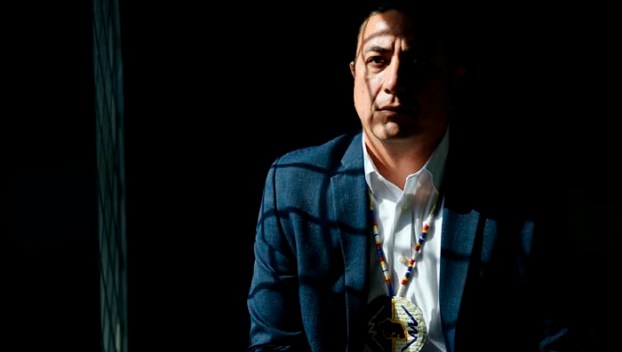
Cnhi Network
Tribal leader taken aback by timing of pipeline decision
Standing Rock Sioux Chairman David Archambault II arrived in Washington, D.C., on Tuesday afternoon expecting to make a ... Read more

Standing Rock Sioux Chairman David Archambault II arrived in Washington, D.C., on Tuesday afternoon expecting to make a ... Read more